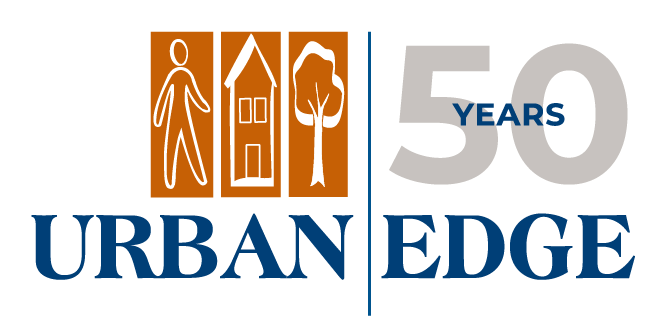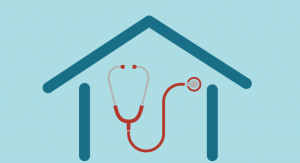Is there a cure for the health challenges that face individuals and families in low income communities to be found in housing? It’s no secret that the Commonwealth faces a crisis with both affordable housing and healthcare costs – a recent report from the Federal Reserve Bank of Boston found there was less than one affordable unit for every two extremely low-income individuals in Massachusetts.
Last September, the Center for Health Information and Analysis highlighted the fact that out-of-pocket healthcare costs are growing. These challenges have substantial impact on people living in low income communities, so rather than tackling each separately, we should be thinking about how we can solve them together.
A recent project by Urban Edge and The Family Van is providing real world, on-the-ground data to help guide understanding of these tandem pressures on low income neighborhoods. Like so many communities, there are health inequities in Boston’s neighborhoods. At first glance, the connection between stable housing and healthier lives may seem reasonable; having a safe place to live – one that provides community and services – creates a healthy environment. But what we don’t know yet are the effective, real-world strategies that turn secure housing into good health.
Urban Edge, along with our partner The Family Van, sought to answer that fundamental question. Through a Blue Cross/Blue Shield of Massachusetts Foundation grant, we developed a plan of action that provided services to new residents moving into our communities, while also measuring health impacts through questionnaires and follow up surveys to determine if those services had any effect on how these families and individuals viewed their health. The results were encouraging.
Of the 103 residents that moved-in during the study, 64 percent of them participated in some, if not all, of the wrap-around services we offered. Overall, we saw an increase in those who rated their health as “excellent” or “good” in a 12 month period. Within the baseline survey, 70 percent rated their health as “excellent” or “good.”
In the twelve-month survey, that had increased to 85 percent. That is a 21 percent increase among respondents. Also, we saw a significant increase in those that felt safe in their housing. After one year, we saw a 55 percent increase in residents expressing that they felt “extremely safe” or “very safe.”
It’s no wonder that we also saw their rates of stress improve – from 40 percent who expressed that they never or rarely felt stress at baseline to 47 percent who reported the same within 12 months.
Yes, it is important to note the caveats – 103 residents is not a large cohort, but it gives us a good sense of the ways we can be effective in connecting our residents to services that will help them lead healthier lives. The majority of the residents who participated are people of color – 54 percent identify as African American – with a significant percentage between the ages of 26 and 45. They were also, by overwhelming majority, women. Addressing their concerns about stable housing now – and helping them find ways to improve their overall health – can pay dividends in the future.
Our study did identify gaps within the daily lives our residents’ needs that policymakers, organizations like ours and others must address. For instance, we saw no improvement in their ability to pay medical bills, and food insecurity remained a problem. As importantly, we came up with a concrete solution – as a result of this pilot, we have begun training our community engagement team to become certified community health workers, one of the first CDCs in Boston to do so.
Our team members are now able to help identify medical challenges our residents may have and make referrals to our local community health center. It’s a valuable solution and one way we are easing the stress and isolation some families and individuals may feel.
As community-based organizations, we see firsthand the impact that affordable housing shortages and rising healthcare costs have on families and individuals living in low income communities. The people who participated in our study have limited awareness of and access to the kind of services that will make them healthier and they often must deal with higher levels of stress and financial insecurity. It is encouraging to know that providing them with quality affordable housing and services can improve their health. We hope this effort can provide a blueprint to solving these crises.
Robert Torres, MPA, is the Director of Community Engagement at Urban Edge and a Robert Wood Johnson Foundation Culture of Health Fellow. Nancy Oriol, M.D., Faculty Associate Dean for Community Engagement in Medical Engagement at Harvard Medical School, is the founder of the Family Van.

